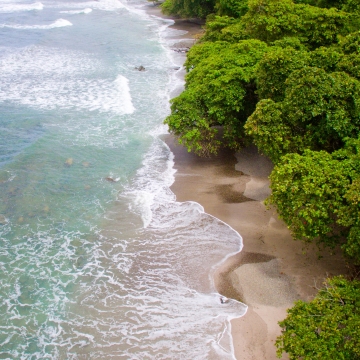70 million ZAR fund needed to address post-closure pollution from proposed mine
Within the unique wetland area Mpumalanga Lake District in South Africa lies the site of a proposed, and controversial, opencast coal mine, the Lusthof colliery. It will require a preliminary ‘set…
